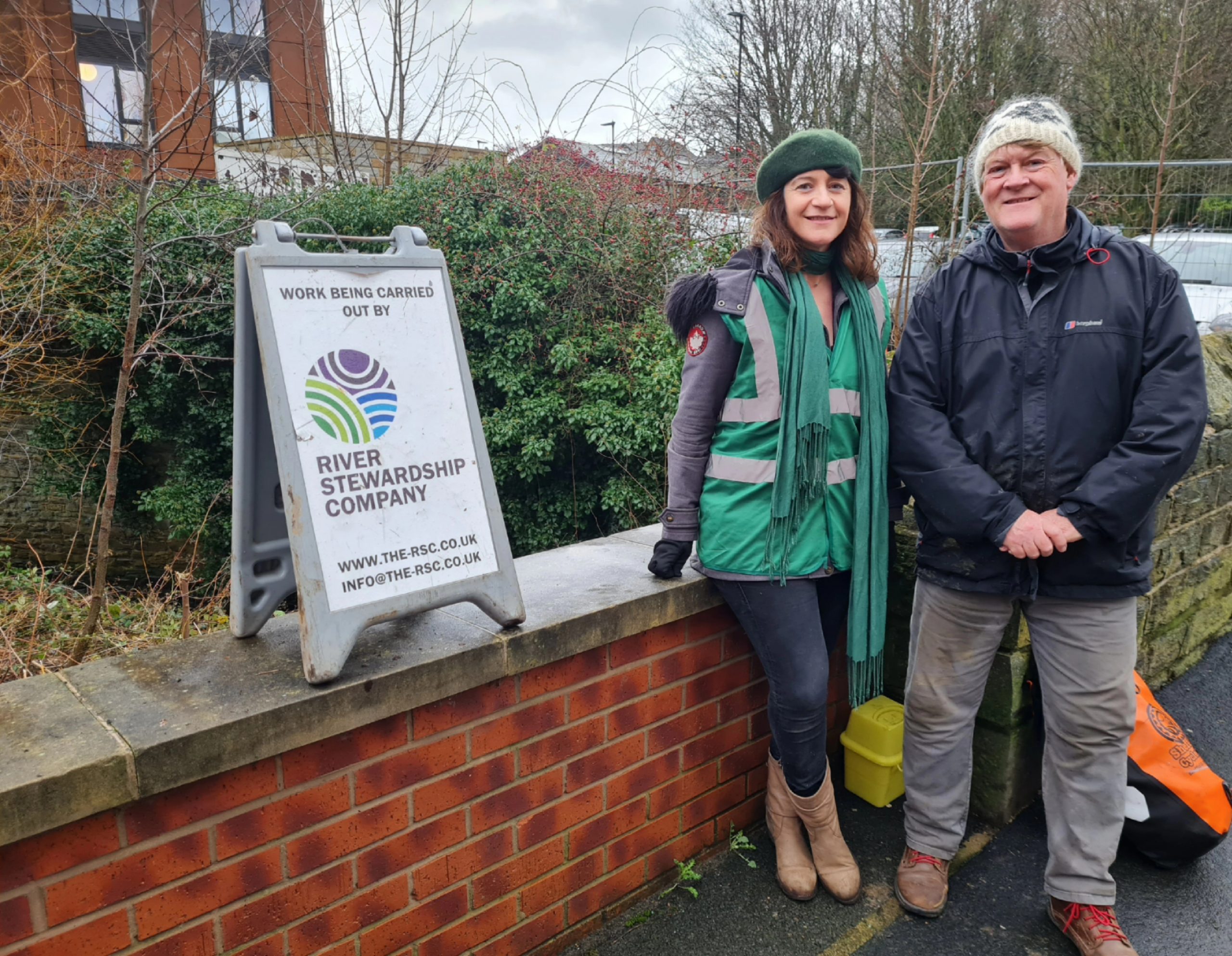
Sheffield City Council has agreed that it has an impact and responsibility to reduce pollution and maintain local rivers.
At Wednesday’s Full Council meeting Councillors agreed with a Green Party proposal recognising that the Council has a responsibility as an adjacent landowner to maintain many local watercourses and rivers.
Sheffield is built on the confluence of five Rivers; the Sheaf, Porter, Rivelin, Don and Loxley. These waterways are integral to the city’s industrial ‘Steel City’ heritage
Councillor Marieanne Elliot said
“We are all connected by water. Our relationship with our rivers and waterways is complex with huge benefits to health, wellbeing, active travel and nature, and, as we have more extreme weather due to climate change they can also put our homes, businesses and lives at risk.”
“On the Communities, Parks and Leisure Policy Committee I proposed that the current Green and Open Spaces strategy for Sheffield needs to be the Green and Blue strategy because water is so integral. I look forward to working with our waterways partners on a joined-up plan, including more nature-based solutions to slow the flow, continuous active travel routes and nature corridors along our Rivers, and maybe a few beavers too.”
“Greens value our public watercourses and believe that privatisation of water is a failed experiment. It is an essential utility where no meaningful competition is possible.
“England is one of only two countries in the world with a privatised water system. This means we get the worst deal from every angle – mismanagement and dirty water, plus higher bills. The scandal of our polluted water is well-documented. It affects our health, and is also a threat to animals, habitats and biodiversity.
“Yet, last year untreated sewage was discharged into English waterways for more than 3.6 million hours, whilst water companies were paying out billions in dividends. And now the water companies have asked to increase bills even more and Ofwat is going to let them!”
Cllr Brian Holmshaw, seconding the council amendment said;
“The council has a role in enabling access to rivers as access for leisure activities that help improve the quality of life of local people. Projects like de-culverting the River Sheaf are a part of that but the Council can do more by working in partnership with voluntary groups that play an important part in keeping rivers clean and free of rubbish and debris.
“This is not just about sewage, but also the chemical pollution from waste water discharges, transport, our streets, agriculture, mining and closed landfill sites. Chemicals are discharged into rivers and streams through domestic and industrial wastewater containing things like cleaning chemicals, personal care products and pharmaceuticals, as well as pesticides or the use of veterinary medicines.
“We are facing a biodiversity crisis with the quality of freshwater ecosystems declining more rapidly than either marine or terrestrial systems. One in 10 freshwater and wetland species in England are threatened with extinction. Two thirds of existing species are in decline. It’s a litany of past failure that unless it is directly addressed will continue into the future.
“There are massive issues with landfill sites which were capped off at the top but not sealed at the bottom and are now leaking into our watercourses. Research by Now Then magazine in November this year using the Watershed website and mapping tool reveals a number of large
disused landfill sites in the Parkwood Springs area that could be affecting the nearby River Don.
“People living in areas of Sheffield with higher levels of deprivation are also more likely to live near a disused or active landfill. The Watershed map for Sheffield also suggests that areas with a high risk of flooding, which is made worse by underinvestment from water companies, are also those with more deprivation.
“We need to properly regulate our water companies through re-nationalisation. The for-profit setup of England’s water companies over the past quarter of a century has incentivised them to divert profits towards shareholders – instead of fixing our collapsing water infrastructure. Unlike with other utilities, consumers don’t have a choice about who they buy water from, further lessening the incentives for companies like Yorkshire Water to improve.

